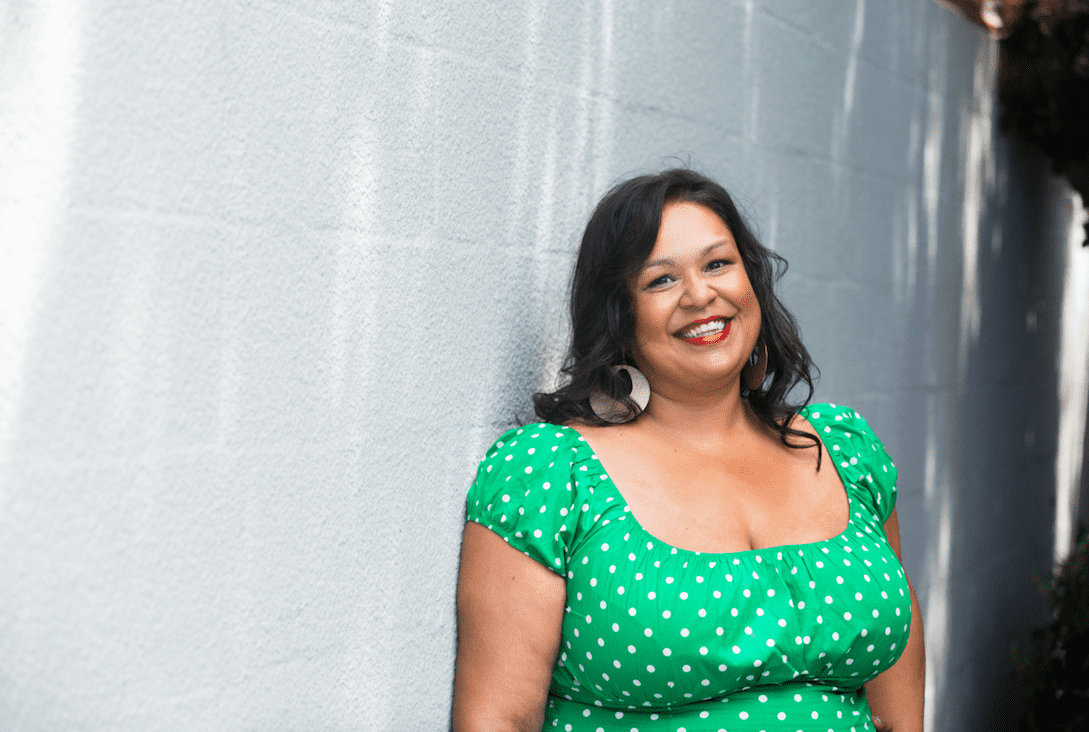September 4 was World Sexual Health Day! Conceived by the World Association for Sexual Health (and not to be confused with National Orgasm Day, something we can get behind), World Sexual Health Day is about having conversations that promote the importance of sexual health in order to maintain a happy and fulfilling lifestyle. (Of course, if you want to pepper those convos with some electrifying orgasms, you most definitely should.)
Talking about sex—our wants, our needs, and the best practices for optimum health—isn’t always easy (even when we’re speaking with the person we have sex with regularly). To keep the conversation going, we contacted four authorities on sex, for whom we have tremendous respect, and asked them a few questions.
For this instalment, we caught up with Luna Matatas, a pleasure educator, an aspiring burlesque artist, and a crafting goddess. She regularly facilitates xxxtremely hot workshops at Toronto’s Good For Her.
SDTC: What does sexual health mean to you?
LM: Sexual health happens when we have the conditions available to us that allow us to prioritize the well-being of our emotions and bodies in our sexual activities. The conditions include things like consent, availability of trusted knowledge on sexually transmitted infections, affordable and accessible contraceptive choices, communication skills, support to navigate shame-free pleasure, and a feeling of belonging to communities that celebrate our identities and sexual freedom.
How do you think we (as individuals) become more mindful of our own personal sexual health?
Many of us have different evolutions of our sexual health. As we gain knowledge, confidence and agency over our own bodies and choices, the standards of our sexual well-being change. So what I might have chosen before I had the words, ability and confidence to negotiate my own pleasure in sex with a partner would look radically different in my dating and relationships today.
Many of us still don’t have the socio-political conditions to support the mindfulness of our own sexual health and go unrepresented in mainstream educational sex-ed resources and dialogues. Lots of things can be a catalyst for change in our mindfulness about our personal sexual health, but a big one is learning to navigate the shame we have learned around our bodies, emotions and identities. It’s tough to seek out information and negotiate conditions that are in the best interest of our sexual health when shame creates a veil between what we might want and what we might have been told to want.
In your opinion, what’s the best way to gain confidence in our sexuality?
Sexual confidence isn’t a destination or a mindset; it’s a feeling of being able to unapologetically take up space in erotic experiences and desires with partners or on our own. Identify where in your mind and in your body you have locked in the shame you learned. For me, my belly is a part of my body that I’ve felt disconnected from for as long as I can remember because I’ve been told that if I just lost weight, I’d be beautiful, and my belly is where I carry that weight.
Many of us have learned body shame and performance anxiety around the type of pleasure that feels good for us. Identifying, exploring and attempting to write a new script for yourself that isn’t rooted in shame or external validation can be super empowering. Even if you can’t fully overcome the shame you learned, creating practices of adoration that celebrate your own version of sexy can be a great way to embrace an alternative narrative that actually inspires instead of tames you. When you feel sexy, you are sexy.
LOTS to think about. As a takeaway assignment, may we suggest you start a conversation about sexual health (be it with your lover, a friend, or your favourite social media platform), and then carve out some time to make love to yourself. Best homework ever? We think so.
Follow Luna on Instagram.



 Follow Us On Instagram
Follow Us On Instagram
